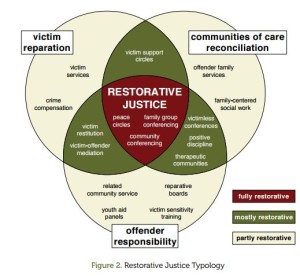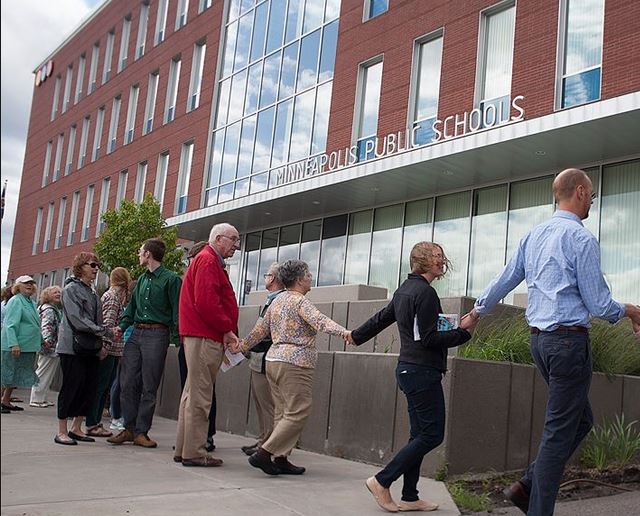
At the first Minneapolis Public Schools board meeting of the year on Tuesday, church-organizing-political group ISAIAH, asked the board to make the district more “just and compassionate for black and brown children.” They are calling to reinstate a ban on all school suspensions for PreK-1st graders and to expand it to elementary school grades. According to the group, since January, nearly 400 suspensions have been given out to kindergarten and first grade students.
ISAIAH leaders had met with former Superintendent Bernadeia Johnson in 2014 to ask for the ban on suspensions and they continue to advocate that it extend up through the 5th grade. They are a partner of Minneapolis Schools on racial equity and are calling for “restorative justice” to replace traditional discipline measures. Restorative justice, as defined by resources the district’s used, focuses on therapy and not just punishment to deal with student behavior.
The Star Tribune reported last year that Johnson made a change in policy to require that her office review every proposed suspension involving a black, Hispanic, or American Indian student, that didn’t involve violent behavior. She also established the ban on PreK-1st grade suspensions for non-violent behavior. The district is is approaching the second year of a 3-year $5 million program with the Office of Civil Rights at the U.S. Department of Education to reduce the number of suspensions for students of color.

But only two-months after announcing the changes to discipline policy, and penning a commentary for the Washington Post, Johnson left the job in January of this year, and an interim superintendent took charge. (The search for a new Superintendent takes up to a year.)
Former school board candidate and director for the the Minnesota Black Male Achievement Network at the Minnesota Minority Education Partnership, Marika Pfefferkorn, is an advocate for reducing suspensions and told the Star Tribune in May that the majority of teachers are white women in classrooms with students of color and that “How that plays out has everything to do with us diminishing the disparity in suspensions.”
The #StopSuspensions movement is national in scope. In May, Oakland, California schools announced it would eliminate “willful defiance” as a reason to suspend a student and instead invest “at least $2.3 million to expand restorative justice practices” according to EdSource. Willful defiance in the district was “a broad category of misbehavior that includes minor offenses such as refusing to take a hat off or ignoring teacher requests to stop texting and more severe incidents like swearing at a teacher or storming out of class” per the San Francisco Chronicle. Other large school districts in California have made the same move, including in Los Angeles, San Francisco, and Pasadena. New York schools are also embracing restorative justice measures with Mayor Bill de Blasio announcing the changes in discipline policy early this year.
In Minneapolis, the moratorium on suspensions for Prek-1st graders was put into place after an August 2014 Star Tribune story which showed that suspension for K-4th graders increased by 32% from 889 to 1,175 students in one year.
Minneapolis Public Schools has over 35,000 students, a total budget for 2014-2015 of $783 million and serves a student population that is 33% white, 27% black, 19% Hispanic, 7% Asian, and 4% American Indian. It has a 58.7% 4-year graduation rate.











